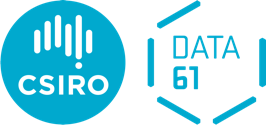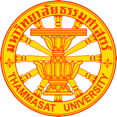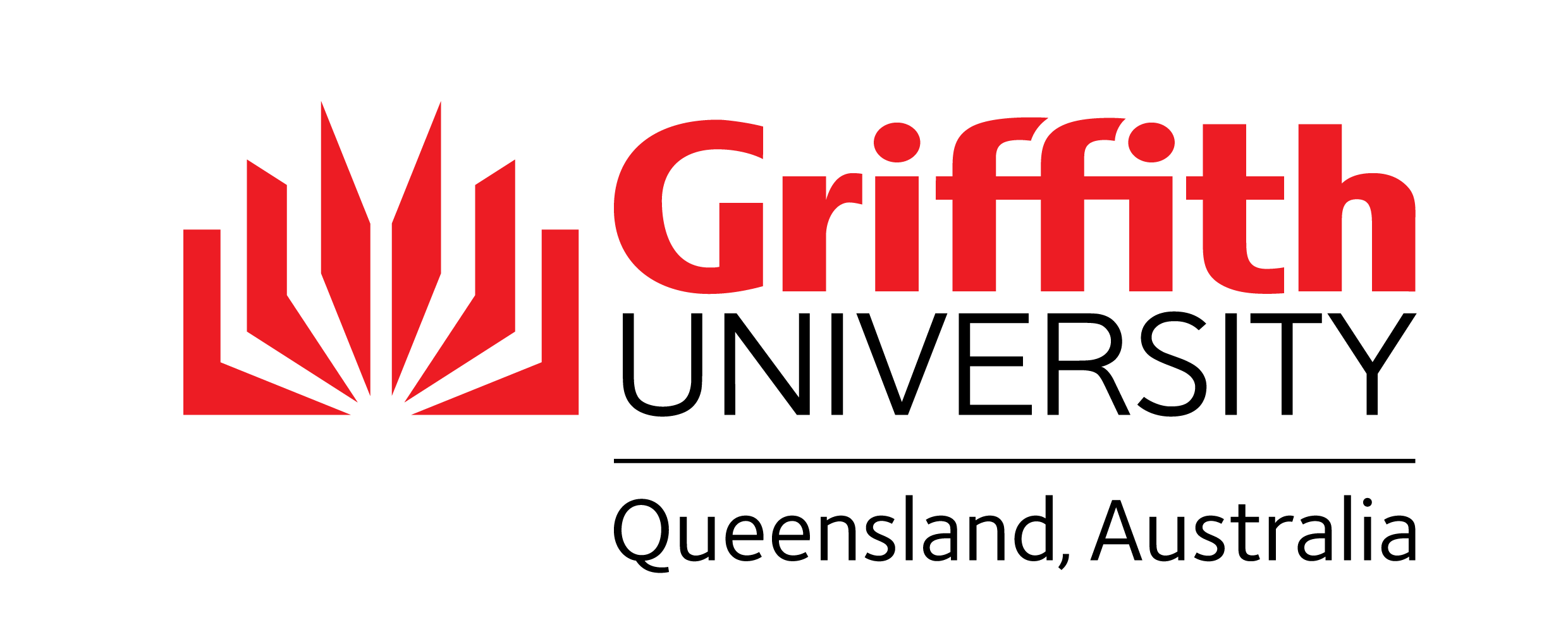Keynote Speakers
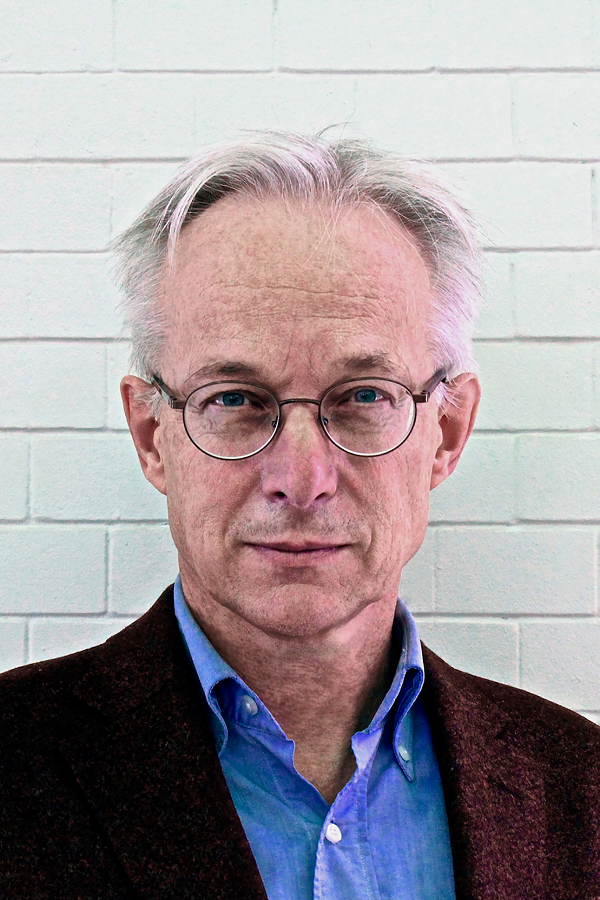
Keynote Title: The logic of agency: directions and challenges
Abstract: I will survey some research lines in current logics of agency which naturally combine fundamental and practical aspects. My examples are (a) the dynamics of information flow, belief change, and learning, (b) strategic 'intelligent interaction' in games, and (c) the functioning of structured social groups. After that, I discuss two challenges to logical approaches in computing and AI. One is the tension between the 'high rationality' of classical logical agents and the 'low rationality' of agents in evolutionary games or dynamical systems. The other is the challenge of representation-free machine-learning models. I describe some recent work where logic turns out to be illuminating after all, if applied in the right way, not as a competitor, but as an ally and a framework for analysis. If time permits, I will also discuss a technical desideratum for realizing these intentions, viz. interfacing logic and probability, and review some interesting recent work.
Bio: Johan van Benthem is a University Professor of Logic (em.) at the University of Amsterdam, Henry Waldgrave Stuart Professor of Philosophy at Stanford University, and Jin Yuelin Professor of Logic at Tsinghua University. His interests include language, computation, information dynamics, and games, plus connections between logic and mathematics, philosophy, AI, computer science, linguistics, and the cognitive and behavioral sciences. He was the founding director of the ILLC in Amsterdam, and is a co-director of the Amsterdam-Tsinghua research center for logic in Beijing, Van Benthem is a member of the Dutch Royal Academy, the Academia Europaea, and the American Academy of Arts and Sciences.

Keynote Title: Towards Intelligent Multi-Modal Human-Robot Interaction
Abstract: Robotics has made significant progress in cases of structured and constrained environments, e.g. manufacturing. However, it is still in its infancy when it comes to applications in unstructured and unconstrained situations e.g. social environments. In some aspects such as speed, strength and accuracy, robots have superior capacities compared to humans but that is not the case for person/object recognition, language, manual dexterity, and social interaction and understanding capabilities. On the other hand, new technologies in robotics are crucial to ensure e.g., an economically sustainable workforce in an ageing society and allow people to live independently with dignity and greater quality of life. Such technology will have broad commercial, economic and social impacts. This talk will describe few 3D computer vision projects and tools used towards the development of a platform for assistive robotics in messy living environments. Various systems with applications and their motivations will be described including 3D object recognition, 3D face/ear biometrics, Grasping of unknown objects, and systems to estimate the 3D pose of a person.
Bio: Mohammed Bennamoun is Winthrop Professor in the Department of Computer Science and Software Engineering at the University of Western Australia (UWA) and is a researcher in computer vision, machine/deep learning, robotics, and signal/speech processing. He has published 4 books (available on Amazon), 1 edited book, 1 Encyclopedia article, 14 book chapters, 150+ journal papers, 260+ conference publications, 16 invited and keynote publications. His h-index is 60+ and his number of citations is 16,000+ (Google Scholar). He was awarded 70+ competitive research grants, from the Australian Research Council, and numerous other Government, UWA and industry Research Grants. He successfully supervised +26 PhD students to completion. He won the Best Supervisor of the Year Award at Queensland University of Technology (1998), and received award for research supervision at UWA (2008 and 2016) and Vice-Chancellor Award for mentorship (2016). He delivered conference tutorials at major conferences, including: IEEE CVPR 2016, Interspeech 2014, IEEE ICASSP, and ECCV. He was also invited to give a Tutorial at an International Summer School on Deep Learning (DeepLearn 2017).
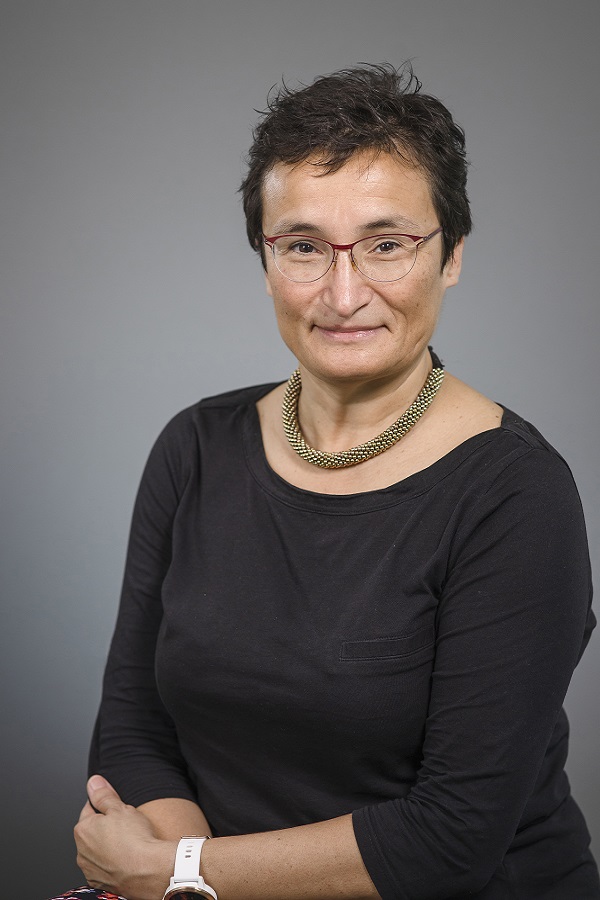
Keynote Title: Responsible AI: from principles to action
Abstract: AI is changing the way we work, live and solve challenges but concerns about fairness, transparency or privacy are also growing. Ensuring the responsible development and use of AI is becoming a main direction in AI research and practice. Governments, corporations and international organisations alike are coming forward with proposals and declarations of their commitment to an accountable, responsible, transparent approach to AI, where
human values and ethical principles are leading. But AI ethics is more than designing systems whose result can be trusted. It is about the way we design them, why we design them, and who is involved in designing them. In order to develop and use AI responsibly, we need to work towards technical, societal, institutional and legal methods and tools which provide concrete support to AI practitioners, as well as awareness and training to enable participation of all, to ensure the alignment of AI systems with our societies' principles and values..
Bio: Virginia Dignum is a professor in social and ethical AI, and Wallenberg chair on Responsible Artificial Intelligence at Umeå University – Department of Computing Science, Sweden. She is also the Scientific Director of WASP-HS (Humanities and Society).
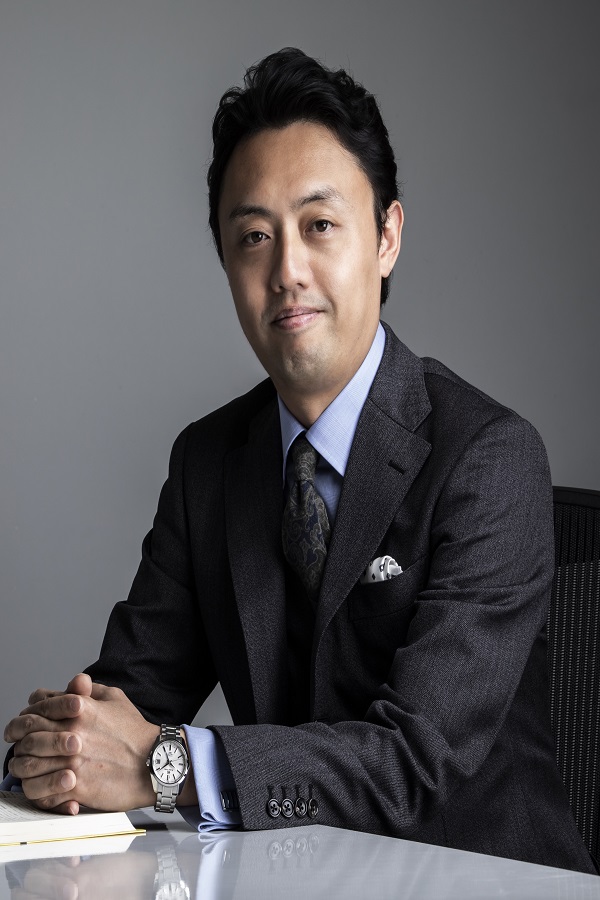
Keynote Title: Integration of Deep Learning and Symbols
Abstract: In this talk, I will first introduce recent research on deep generative models and deep reinforcement learning. I will explain how to integrate multiple modalities, how to perform robust inference, and how to make robots work efficiently in real-world environments. In the second half of the talk, I will discuss the key challenges of acquiring a "world model" and describe a new hypothesis for integrating deep learning and symbolic systems. It will be able to explain how semantic understanding and knowledge processing can be realized based on deep learning.
Bio: Yutaka Matsuo is a professor at the University of Tokyo, Graduate School of Engineering, Department of Technology Management Integration. He received his Ph.D. in Engineering from the University of Tokyo in 2002. Prior to his current position at the University of Tokyo, he worked at the National Institute of Advanced Industrial Science and Technology as a researcher (2002), at Stanford University as a visiting scholar (2005), and at the University of Tokyo as an associate professor at the Graduate School of Engineering. He specializes in artificial intelligence, especially deep learning and web mining. He established the Japan Deep Learning Association in 2017 and is working as a chairman to develop human resources, make recommendations to public institutions, and promote international collaboration. He has also served as the editorial chair, ethics chair, and director of the Japanese Society for Artificial Intelligence.

